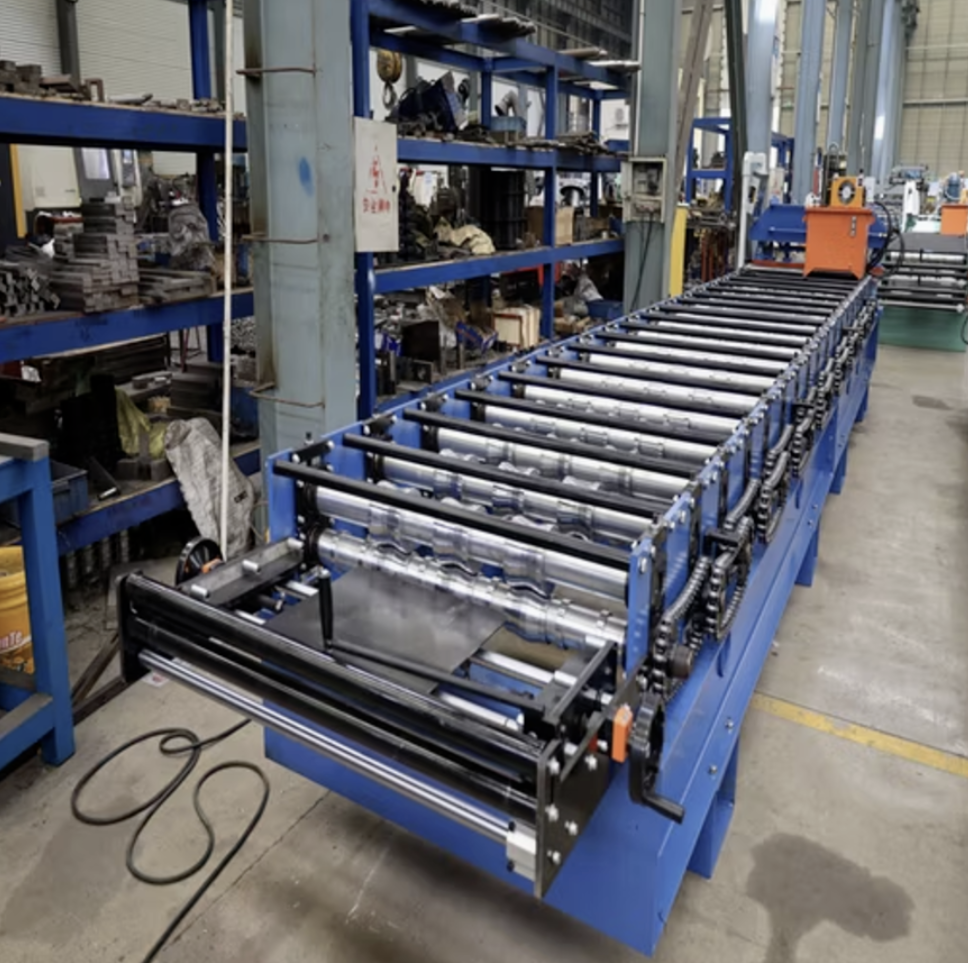
Posted on Friday, May 3, 2024
Roll forming is fast becoming a key part of the industrial and construction sectors in Malawi. As the country experiences growth in infrastructure, housing, and agriculture, the demand for custom metal profiles continues to rise. Roll forming machines are at the heart of this manufacturing transformation, helping local industries produce roofing sheets, structural components, steel framing, and more. In this guide, we will explore the most popular roll forming machines in Malawi, their specifications, the profiles they produce, the industries that rely on them, where they are used most, maintenance requirements, pricing, setup and operation, and how Machine Matcher can help you find the perfect machine for your needs.
Roll forming machines are primarily used in Malawi's urban centers and growing towns. Key areas include:
Proper maintenance ensures long-term performance and reduces downtime. Common maintenance tasks include:
Roll forming machines are delivered with a structured setup plan. Installation typically involves:
Operation is semi-automated or fully automated depending on model. Basic training is usually provided by the manufacturer or supplier.
Machine prices vary based on automation level, material thickness, and profile complexity:
Import taxes, transport costs, and local customs fees should also be factored in.
While Malawi does not yet manufacture roll forming machines locally, many companies import high-quality equipment from leading global manufacturers. Some key suppliers include:
Machine Matcher has partnered with suppliers from all these regions to help Malawian buyers find the best deals.
Q: How do I choose the right roll forming machine for my needs? A: Identify your profile type, material thickness, and production volume. Machine Matcher helps match you with the right machine based on your specifications.
Q: How long does shipping and installation take? A: Shipping can take 4 to 8 weeks depending on the origin. Installation usually takes 3 to 7 days with local support.
Q: Can I run these machines with single-phase power? A: Most machines require 3-phase power. However, some models can be customized for single-phase.
Q: Do I need a skilled operator? A: Basic training is provided. Machines with PLC systems are easy to operate with minimal experience.
Q: What kind of support does Machine Matcher offer after purchase? A: We assist with machine selection, shipping, installation guidance, and after-sales service coordination.
Machine Matcher specializes in helping companies in Malawi find the most suitable roll forming machines for their operations. With access to a global supplier network and expertise in roll forming technology, we help you:
Whether you're setting up a new workshop in Lilongwe or expanding production in Blantyre, Machine Matcher ensures you get the best machine for your business.
Contact Machine Matcher
Speak to one of our roll forming machine experts today:
UK: +44 20 335 56554
USA: +1 407 559 7948
Europe: +32 460 24 13 95
WhatsApp: +44 20 335 56554
Email: [email protected]

Used Purlin Roll Forming Machines for Sale Worldwide
Posted on Sunday, January 25, 2026
Pre-Owned Roll Forming Machines for Purlin & Structural Steel Profiles

Used Roof Panel Roll Forming Machines for Sale Worldwide
Posted on Sunday, January 25, 2026
Pre-Owned Roll Forming Machines for Roofing Panel Production

Used Roll Forming Machines for Sale Worldwide
Posted on Tuesday, January 20, 2026
Pre-Owned Roll Forming Machines with Inspection, Verification & Global Support

Steel Coil Supply for Roll Forming Machines Worldwide
Posted on Tuesday, January 20, 2026
Reliable Steel Coil Supply for Roll Forming, Fabrication & Manufacturing Applications
Copyright 2026 © Machine Matcher.